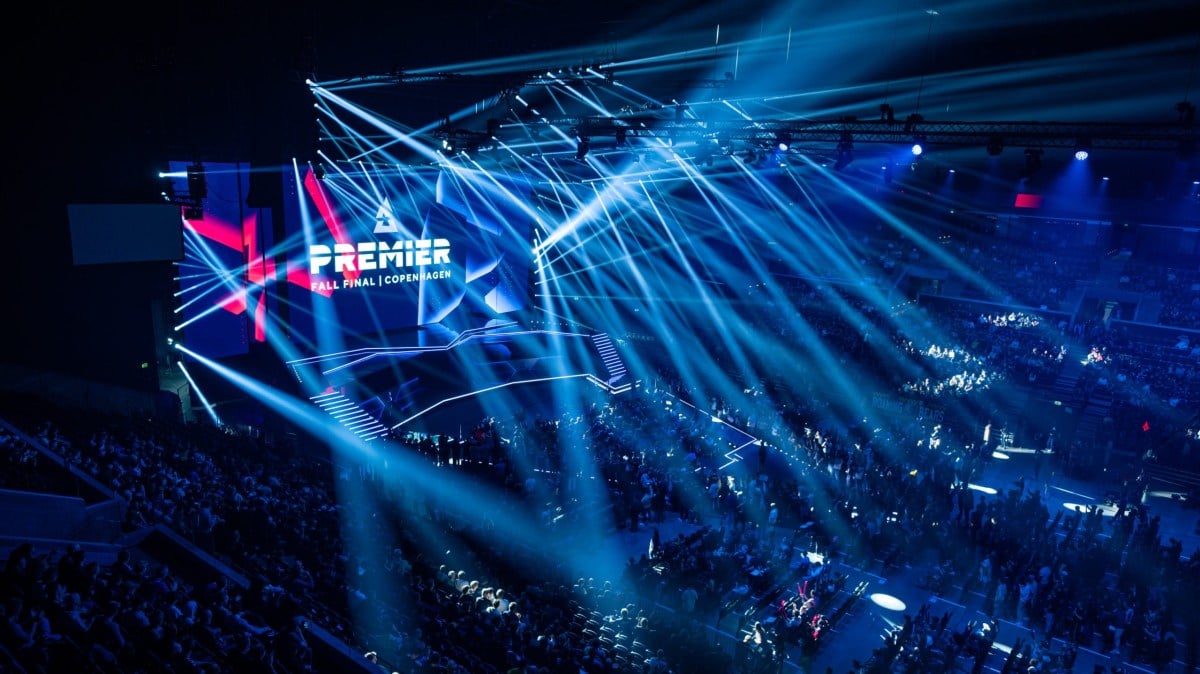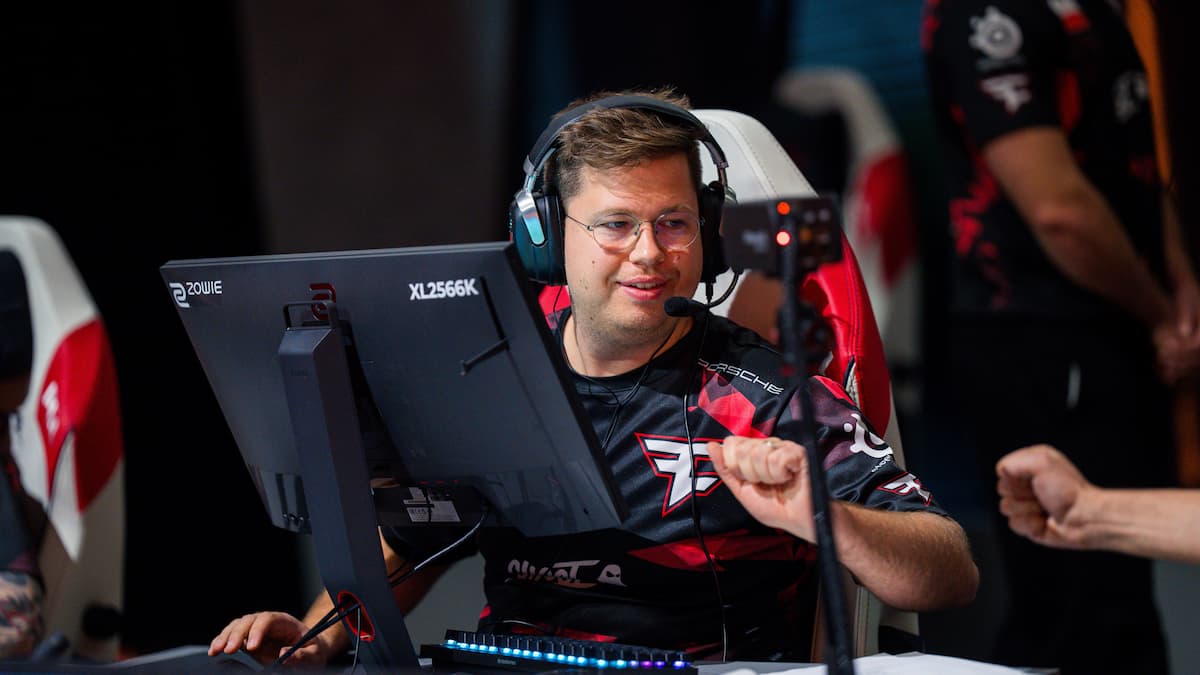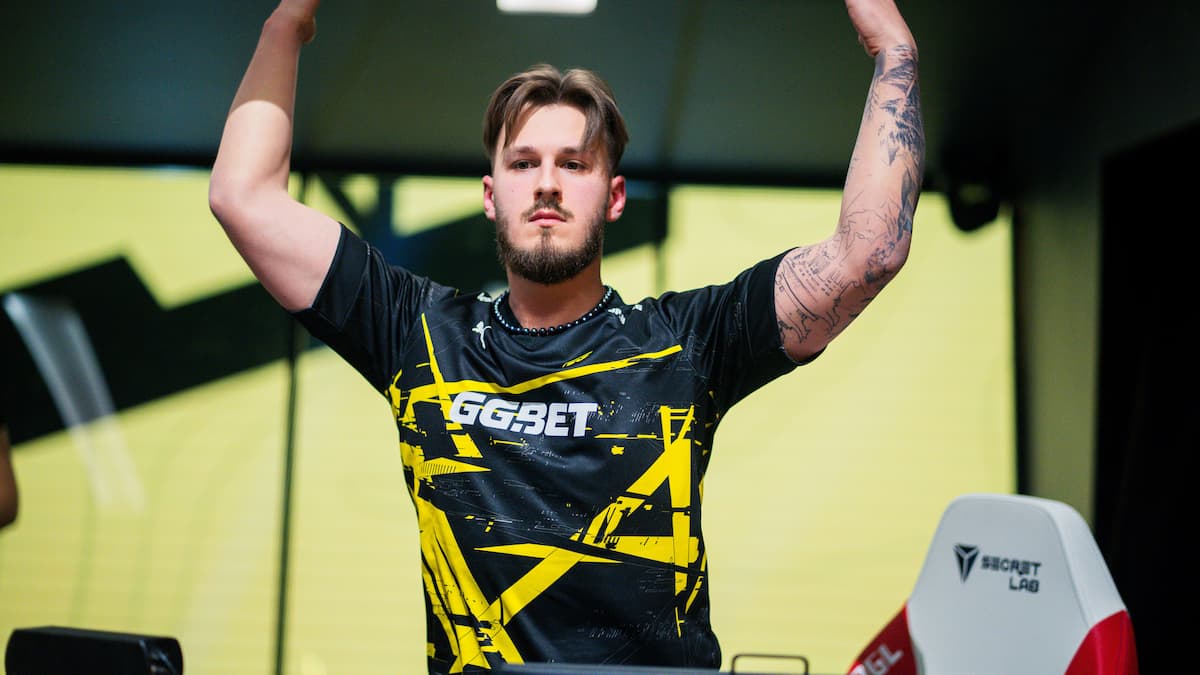The CS:GO tournament scene was very different in 2017. Though the esport is still unique today in its reliance on third-party tournament organizers, there was no franchising to speak of whatsoever back then. There was no Louvre Agreement for ESL and no Flashpoint for FACEIT in sight. Orgs like StarLadder and ELEAGUE were still involved with the game and the circuit had much greater variety in terms of formats.
It was this environment that RFRSH entered with the inaugural BLAST Pro Series event in Sep. 2017. The Danish media organization had goals of in-house franchised leagues and weekend escapades of low competitive value, courting controversies along the way.
Today, it offers up the best show in the CS:GO scene and the community is looking forward to their upcoming Valve-sponsored Major in Paris.
Here’s how the CS:GO organizer turned things around.
Unique ideas and many controversies: RFRSH and the BLAST Pro Series
Those closely following the news in the CS:GO esports scene were already familiar with the organization. As a talent agency, RFRSH aimed to pick up a wide variety of teams for representation, at one point simultaneously hosting Astralis, Heroic, GODSENT, and Norse, with the goal of hosting its own closed-circuit tournaments among its in-house teams.
Despite the outrage, it stated the agency “[doesn’t] see a conflict in multiple team ownership.” Eventually, Valve stepped in to shut this down, and RFRSH ended up focusing on Astralis, the best team in the world at the time.
RFRSH’s first foray into tournament organizing was an interesting affair. The BLAST Pro Series featured six teams and a packed schedule of just a single weekend, playing out a single best-of-one round-robin bracket and a best-of-three grand final between the top two teams, alongside a set of one-vs-one show matches.
The best-of-one games were played and broadcast simultaneously, a big part of RFRSH’s efforts to prioritize the live audience over those watching at home and to make participating a more convenient and less taxing affair for the teams involved. This severely diminished the tournaments’ competitive value. Normally a precursor to overtime deciders, 15-15 scorelines were treated as a tie instead—worse still, the team that won the round-robin stage got no tangible advantage over the runner-up in the grand final.
First, the events were seen as lighter fare and a bit of good fun—but after a while, RFRSH’s simultaneous ownership of Astralis and the BLAST brand caused significant concerns in terms of potential conflicts of interest.
Soon, the Danes started to skip elite-level events of ESL and StarLadder in favor of these weekend escapades, further fueling the fire of controversies.
There was a real worry the company would hold the best team in the world at the time hostage, and while they did prioritize their own events over everything else in the circuit, the team and the players waved away the matter as individual preference for the shorter, single-weekend tournaments.
Many other controversies cropped up with the flagging BLAST Pro Series tournament format over the years, like only inviting partnered teams to the World Final, canceling the 2019 event in Lisbon without warning, and moving the Los Angeles event just days before it was slated to start from a stadium to an old supermarket. The LA event also introduced a unique “Front Row experience” as an excuse to jack up the ticket prices from $30 to $99, shortly before moving the Global Finals to Bahrain, in what was seen as an egregious case of “esportswashing” at the time.
Flash forward to late 2019, and a new era began. RFRSH sold off its CS:GO team and its League of Legends brand Origen, with controversial founder-CEO Nikolaj Nyholm also leaving their Counter-Strike project behind.
With this, BLAST, the tournament organizer, received new leadership and set a course in a new direction that would help it reinvent modern CS:GO tournaments as we know them today.
Pandemic problems and supreme success: BLAST Premier comes to life
Early in 2020, BLAST reinvented its format, sunsetting the BLAST Pro Series and introducing BLAST Premier as its replacement. It was everything the fans wanted it to be: best-of-three matches in a double elimination bracket featuring the best teams in the world and a cascading series of events feeding into a World Final—though the circuit is still mostly closed, at least there were no partner-based invitations directly to the final this time.
Even the first event in the series, the Spring Series in 2020 in London, showcased a gorgeous studio and a set of broadcast innovations.
However, the events in the circuit had to transition online once the pandemic hit in earnest, and the 2021 Fall Finals was the first to return to a LAN arena in earnest.
Though external controversies continued to crop up—the quickly abandoned sponsorship deal with NEOM being the prime example—the visual and audio quality of the broadcasts continued to rise, eclipsing the offerings of PGL and ESL.
For audiophiles, the elegant use of compression diminishing the ear-splitting headshot effects and gunfire sounds makes the broadcasts more pleasing to follow, coupled with a consistently excellent sound engineering on LAN that rival Counter-Strike tournament organizers have not been able to match recently.
They’ve also given room for the new generation of casters like Scrawny and launders to emerge in high-level tournaments, pushing the boundaries on all fronts along the way with their unique combination of high-energy play-by-play and deep tactical analysis. They continue to iterate with the format and the live experience, too, and their events lately have been excellent from a viewer’s perspective. The recent Fall Finals featured a raucous crowd in the Royal Arena and a bonkers showmatch with low gravity rounds, noclip, and a six-vs-five with Danish football player Nicklas Bendtner himself.
No wonder fans have much nicer things to say about BLAST nowadays than they did in 2019 and before. Though there are still a few kinks to be ironed out with the groups format—the first GSL group stage serving as little more than seeding is not ideal, though it is clearly in place to guarantee a set number of games for all partnered teams—there is now real competitive value in winning a BLAST event, as the joy of Heroic clearly underlined after the Fall Finals.
With this, BLAST couldn’t be better positioned for the upcoming Major. With unique ideas and high-quality assets, years of experience, and a superior product than their rivals’, the CS:GO community is very much looking forward to BLAST’s take on the Major experience in Paris, set to take place in spring 2023.
It’s a far cry from the Nikolaj Nyholm days of yesteryear and a brave new world for Counter-Strike fans and the pro players on the esports circuit alike.







Published: Dec 15, 2022 10:49 pm